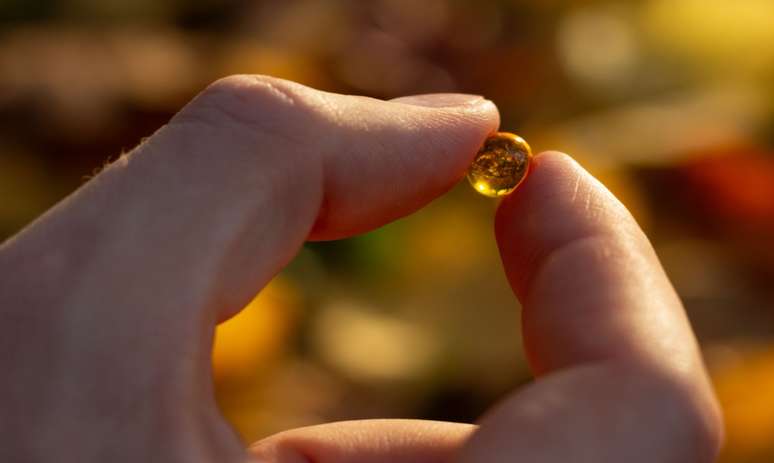Anemia is a disease that generates some major health complications. Find out how to prevent yourself here.
Anemia is a fairly common health condition and totally related to the consumption of iron-rich foods. But if you’ve never understood exactly what this disease is, how it manifests itself and the forms of treatment, now is your moment.
html[data-range=”xlarge”] figure image img.img-edd76e102aeb914a58672607e18987c928a4hvv3 { width: 774px; height: 516px; }HTML[data-range=”large”] figure image img.img-edd76e102aeb914a58672607e18987c928a4hvv3 { width: 548px; height: 365px; }HTML[data-range=”small”] image figure img.img-edd76e102aeb914a58672607e18987c928a4hvv3, html[data-range=”medium”] figure image img.img-edd76e102aeb914a58672607e18987c928a4hvv3 { width: 564px; height: 376px; }
WHAT IS ANEMIA?
“Anemia is a condition in which there is a decrease in the number of red blood cells or in the concentration of hemoglobin in the blood, affecting the transport of oxygen throughout the body,” explains the Dr. Thais Mussi SBEM endocrinologist and metabolologist.
According to the expert, there are different types of anemia, including iron deficiency, haemolytic, aplastic and megaloblastic, each with specific causes.
The main symptoms of this condition are:
- Fatigue
- Weakness
- Pallor
- Dizziness
- Palpitations
- Shortness of breath
- Chest pain
- Cold hands and feet
- brittle nails
- Heachache
HOW IS ANEMIA TREATED?
Treatment varies depending on the cause. If the anemia is of the iron deficiency type, for example, iron supplementation is the main indication.
If you are deficient in vitamin B12 or folic acid, replacement of these nutrients may be necessary.
“For anemias related to other medical conditions, treating the underlying condition can help relieve symptoms,” she explains.
In specific situations, such as severe or acute anemia, blood transfusions or medications may be used according to medical advice.
ANEMIA AND FOOD
Diet plays an important role in the prevention and treatment of anemia. Therefore, it is worth following a few tips:
- Include iron-rich foods in your diet, such as red meat, poultry, fish, legumes, dark green vegetables, and fortified cereals, which help prevent iron deficiency anemia.
- Consume foods rich in vitamin B12 (mainly of animal origin) and folic acid (such as leafy vegetables, legumes, citrus fruits), as they contribute to the health of red blood cells and prevent anemia related to deficiencies of these nutrients.
- Vitamin C aids in the absorption of iron from plant-based foods. Consuming foods rich in vitamin C, such as citrus fruits, peppers and broccoli, along with sources of iron can improve absorption.
- Avoid iron absorption inhibitors: Some substances, such as the tannins in coffee and tea, can reduce iron absorption. Therefore, avoiding the consumption of these drinks with meals can be beneficial.
It is important to combine a healthy diet with a good exercise routine to prevent anemia, as the disease can lead to some complications if left untreated.
“Chronic fatigue is a major complication, as reduced oxygen available to tissues affects energy and productivity,” explains Dr. Thais. “This condition can also cause cardiovascular problems, as the heart has to work harder to compensate for the lack of oxygen, increasing the risk of heart failure, arrhythmias and even heart attacks.”
Additionally, anemia can aggravate other medical conditions, slow wound healing, and affect the immune system, making the body more susceptible to infections.
Source: Terra
Ben Stock is a lifestyle journalist and author at Gossipify. He writes about topics such as health, wellness, travel, food and home decor. He provides practical advice and inspiration to improve well-being, keeps readers up to date with latest lifestyle news and trends, known for his engaging writing style, in-depth analysis and unique perspectives.









